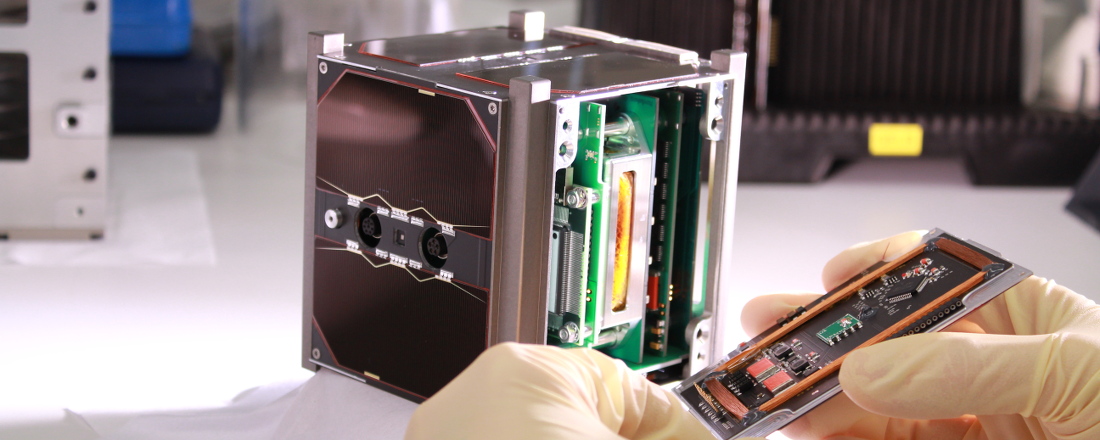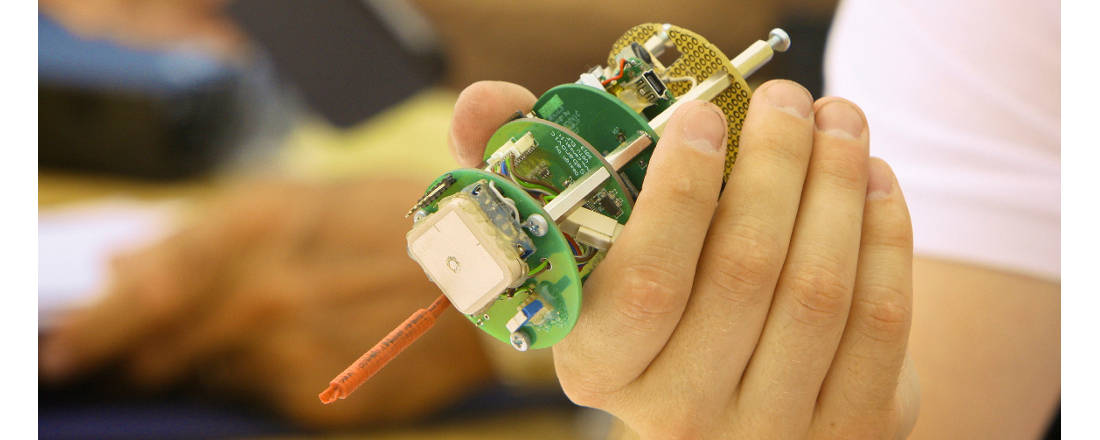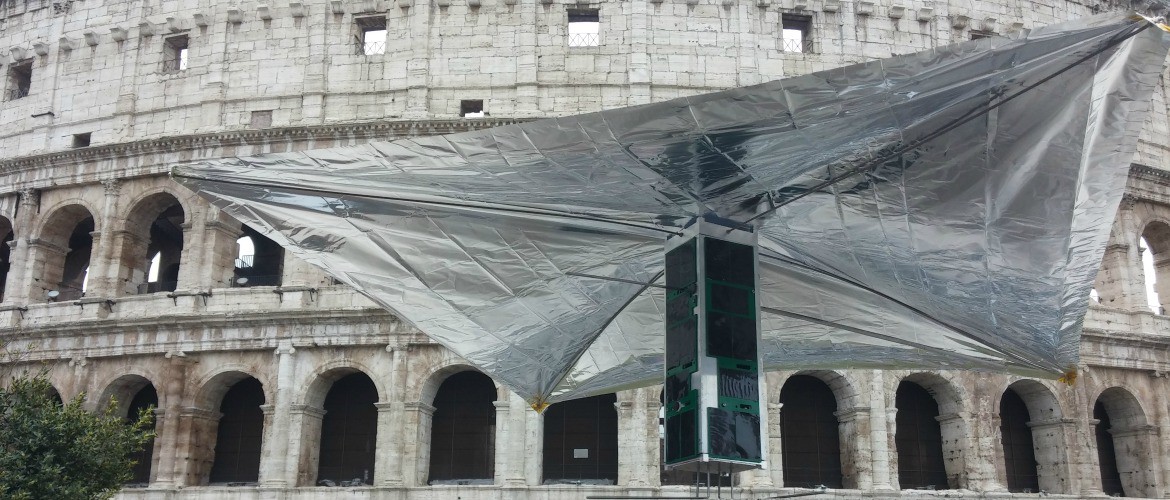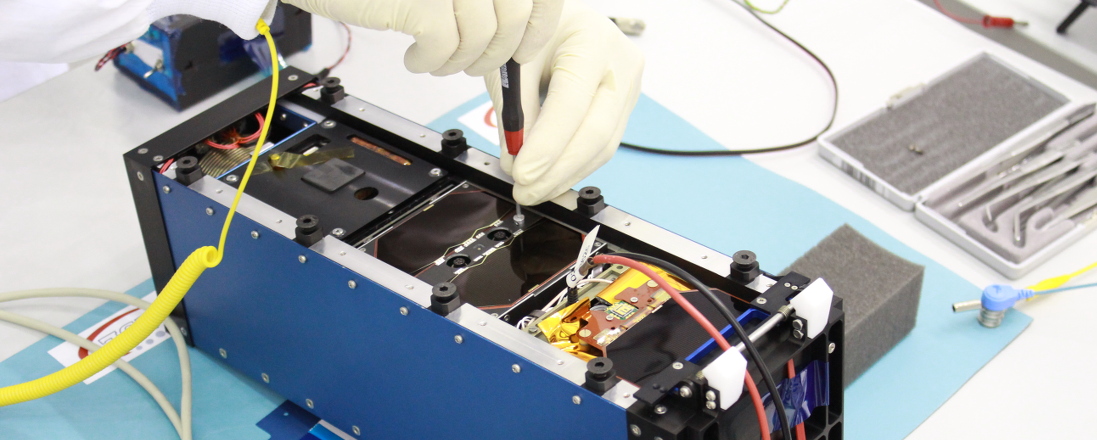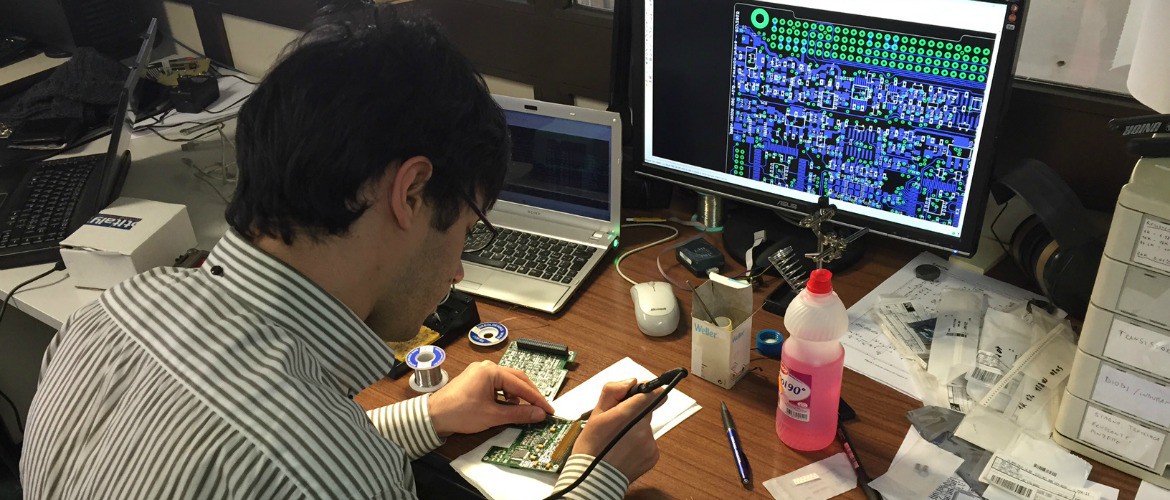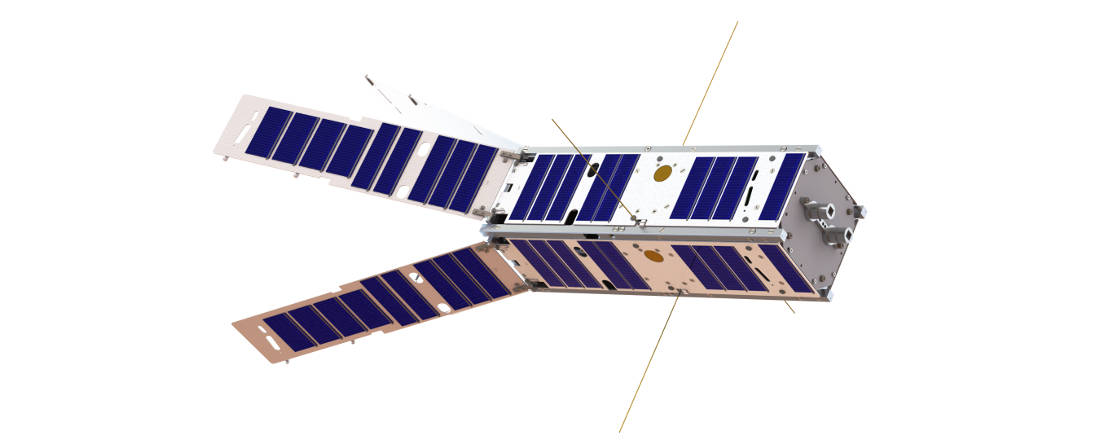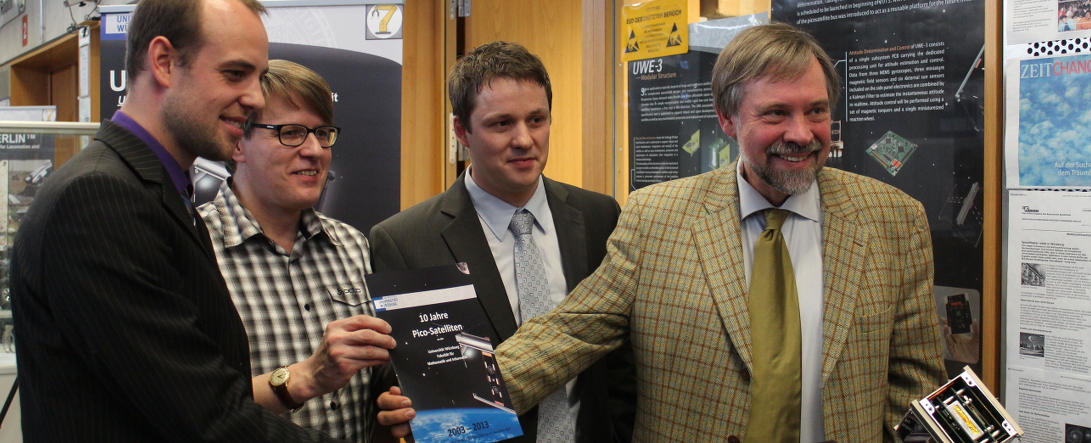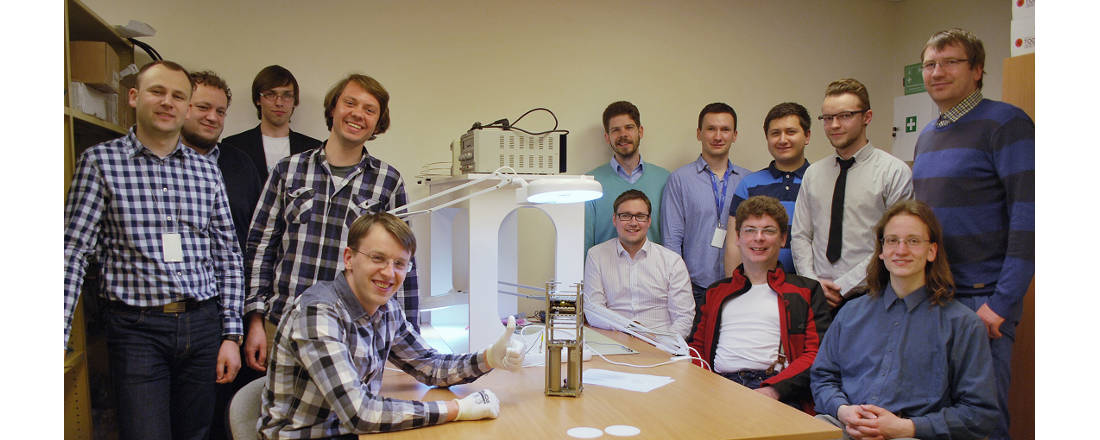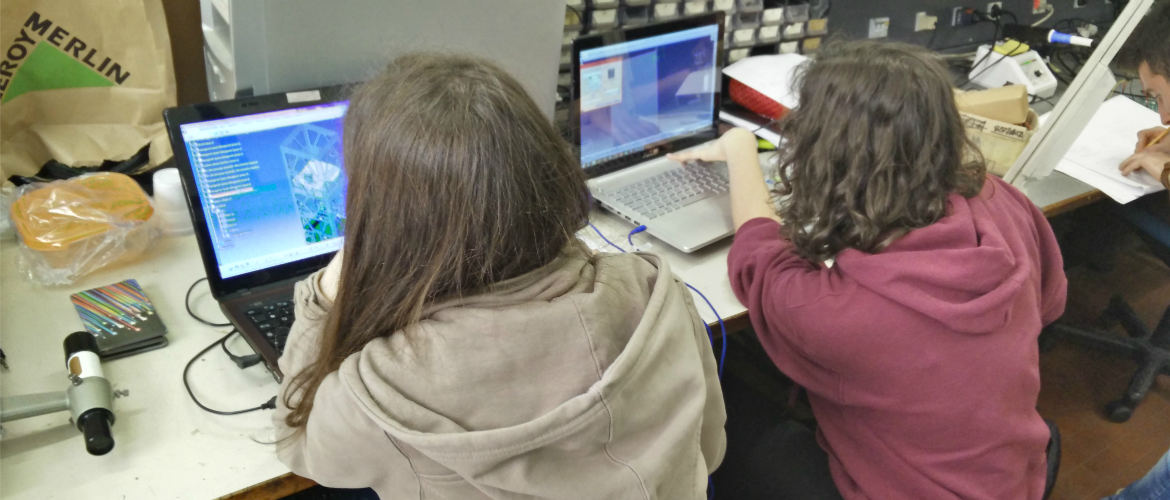UNISEC-Europe founded
The successful Japanese UNISEC activities inspired several European Universities to cooperate on project-based space education and resulted in foundation of UNISEC Europe in spring 2014. Objective is to motivate by space exploration related tasks students of different age classes and to promote at Universities hands-on activities to realize systems in complementarity to today’s more theoretically oriented classes. Exemplary cooperations between Japan and Europe concern ground station networks, joint CubeSat missions, and educational workshops / conferences. By combining ground station networks in Japan and Europe, the related contact time for satellite data transfer can this way be doubled. By coordinating launch opportunities at European and Japanese launchers (by example H2, Vega) more opportunities to launch satellites might become available.
Joint standards in student satellite design are a key issue for exchange of materials between worldwide partners. The success of the CubeSat definition on geometric dimensions and mass underlines this by enabling joint use of adaptors for different launchers. In UNISEC Europe we place emphasis on definition of electrical interface standards for CubeSats. The vision is to support exchanges of satellite hardware at the level of subsystems boards. Thus, subsystems from different suppliers could be flexibly integrated for different functionalities in a specific mission. We want to invite worldwide partners interested in this topic to join our working group in order to generate and promote a standard accepted by a broad international community for the benefit of future international cooperative satellite projects !
The European UNISEC-global members with significant experience in space projects University Wuerzburg (Germany), Universita degli Studi di Roma La Sapienza (Italy), Universidad de Vigo (Spain), Univerza v Ljubljani (Slovenia), Université de Liege (Belgium), Lulea Tekniska Universitet (Sweden), Istanbul Technical University (Turkey) and Zentrum fuer Telematik (Germany) already applied to the EU’s Horizon 2020 SPACE with the joint proposal “Hands-On !” to support practical space related experiments . Despite the proposal received the mark “very good”, they just missed funding. Nevertheless this good result motivates to re-apply at the next opportunity to provide a financial basis for future joint regional space outreach activities. Apart from creating special courses, tele-education units, competitions and news and social media coverage, we also aim to make this a sustainable program by aligning with the proven global UNISEC project. We are now actively seeking eminent partners, who share our vision of space research, to join us in preparing future international proposals in this field.
Contact: Prof. Dr. Klaus Schilling schi@informatik.uni-wuerzburg.de

